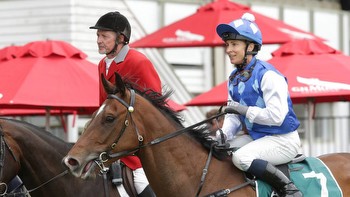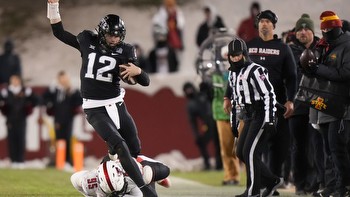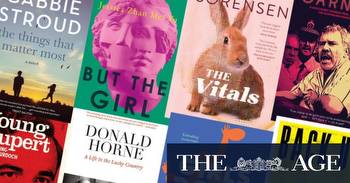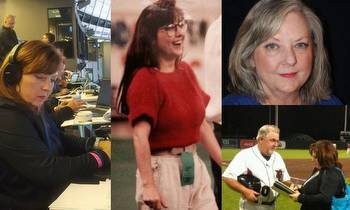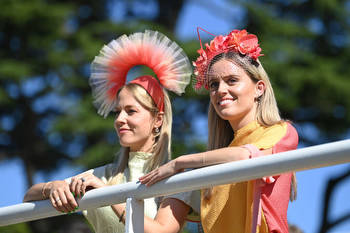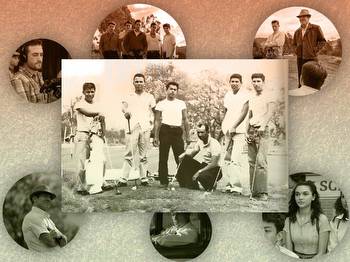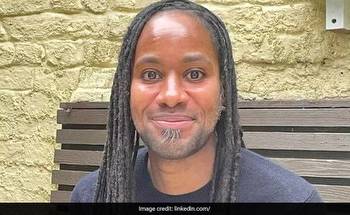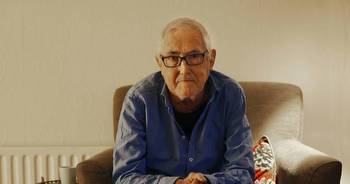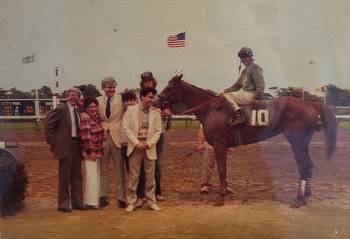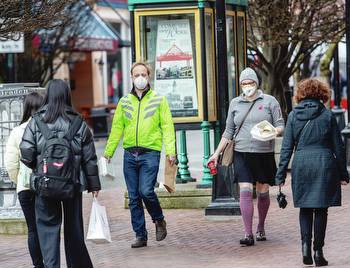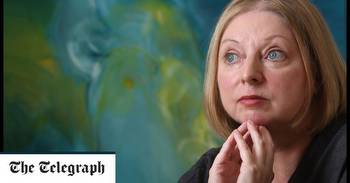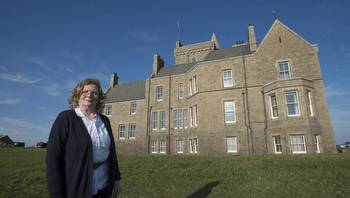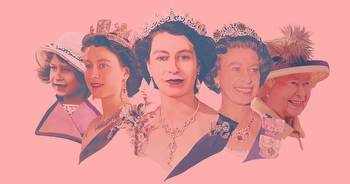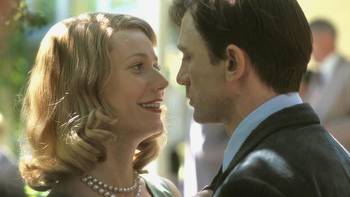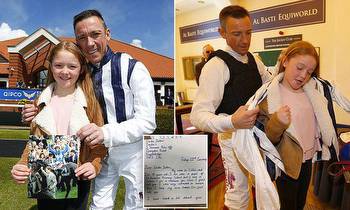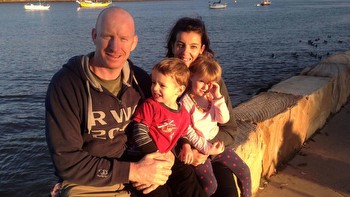Book review: Letters show Sylvia Plath's anxieties there from start
But who is this publication aimed at? To make it useful to a general reader it would need to include at least a brief editorial commentary explaining how the letters relate to Plath's life. For example, the first letter in this volume, written in 1940 when Plath was eight, is a get-well note to her father Otto. He died six months later, and she was shattered. "I'll never speak to God again," she told her mother.
The determination to regard herself as a victim, evident in her later poems, can be traced to Otto's death. Writing in her journals she suspects that he died deliberately to spite her. All her life she has been "stood up" by people she loved, and "daddy dying and leaving me" was the start of it.
The current editors explain none of this. Nor do they elucidate Plath's relationship with her mother, Aurelia, to whom most of the letters in this volume are addressed. The earliest are letters home from summer camp during Plath's high-school days, followed by letters from Smith College, Massachusetts, and then letters from Newnham College, Cambridge, where she read English as a Fulbright scholar. Plath's (and Aurelia's) part in this correspondence is unfailingly loving and caring. Yet in her journals she unleashes a blitz of maniacal hatred against Aurelia. She never loved Otto. She killed him. She is "deadly as a cobra". "What a luxury it would be to kill her, to strangle her skinny veined throat." Innocent readers of the mother-daughter letters get no inkling of these undercurrents from the volume's editors.
In late August 1953 Plath attempted suicide. She had always been subject to depression, between bouts of euphoria, but this was different: she really meant to die, she assured a friend, writing four months later, and had planned it carefully. Waiting till her mother was out, she broke open her safe, extracted a bottle of 50 sleeping pills, crept into a little-used cellar, locked herself in and left a note for Aurelia saying she had gone for a long walk.
Her mistake was to swallow the pills too quickly, so she vomited them up and came to, helpless and half-blind. The police searched for her for two days before her brother Warren heard her weak cries.
Why did she do it? She had been turned down for a vacation course at Harvard, and this is often cited as the reason. But the letter describing her attempt suggests something deeper. She realised, she tells her friend, that she was no good academically; she was a bluffer, absurdly ambitious, planning to write a thesis on Joyce's Ulysses without having read it.
Much of this is true, but she had managed to live with it before. A letter to her brother suggests another possible reason. The previous May she and several other students had won a competition to be guest editors on Mademoiselle magazine in New York. What went wrong is unclear, but she recalled it as a "nightmare". The brutality of the city horrified her: "Lives drip away like water here, not
even making a dent in the concrete." She cannot contain its horror in words: "My mind will split open." Did that trauma contribute to her death wish? The editors of this volume must have pondered the matter long and deeply, but they do not share their thoughts with us.
It was Cambridge that most damaged her self-esteem. Though she had graduated with a summa cum laude from Smith, she found English students, fresh from school, far better read than she was. Discovering her "enormous ignorances" appalled her. She had envisaged a career as a writer and academic, but now realised that was out of the question.
She responded with fury, denouncing Newnham undergraduates as "prim, scholarly little British bitches", and longing to strangle them. The women dons at Newnham were "Victorian grotesques", and her own "vital curiosity" was superior to the "grubbing detail" required for a graduate thesis.
This redesign of her future altered her attitude to men. She had never lacked suitors, and had encouraged them because they were useful for buying her food, drink and theatre tickets and carrying luggage. But she banned sex for safety reasons. "Graduate school and travel abroad," she wrote to her mother from Smith, "are not going to be stymied by any squalling, breastfed brats". Now, with graduate school ruled out, breastfed brats and a man to father them were what she wanted. "I love cooking and homemaking," she decided. Creating children was "even more primary" than writing, "which will never be a career for me".
Her preferred mate was not, it seems, Ted Hughes, but an undergraduate called Richard Sassoon who was wealthy and cosmopolitan and had taken her on a whirlwind tour of Paris and the Riviera in the winter of 1955. "I now know how deeply, fearfully and totally I love you," she told him in March 1956, a week after the famous Cambridge party when she had first met Hughes and bitten his cheek, drawing blood. But Sassoon it seems was not keen, so she married Hughes, "a hulking, healthy Adam", she told her mother, "with a voice like the thunder of God".
It was a wise choice, in that Hughes could teach her to write, and Sassoon would have been no good for that. Ted, she reported from still-unspoilt Benidorm where they honeymooned, "is educating me daily, setting me exercises of concentration and observation". He "will make me a woman poet like the world will gape at".
It was an accurate prediction, but did not come about as she imagined. The tragic denouement will occur in Volume II, due out in October 2018. Hopefully it will contain a less meagre editorial contribution.

